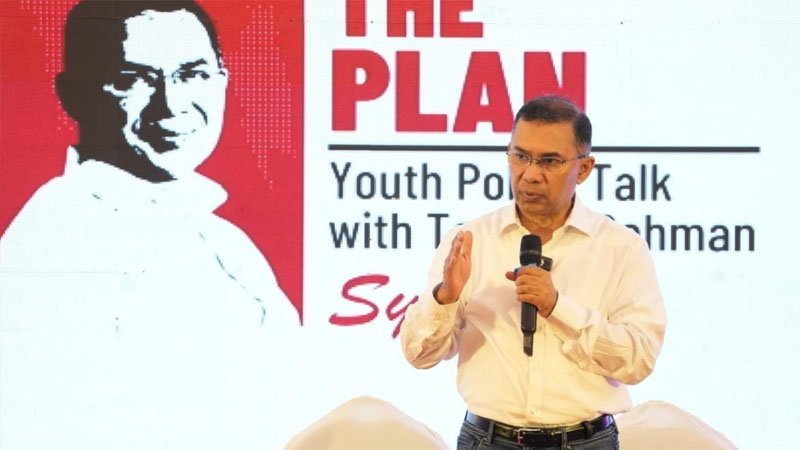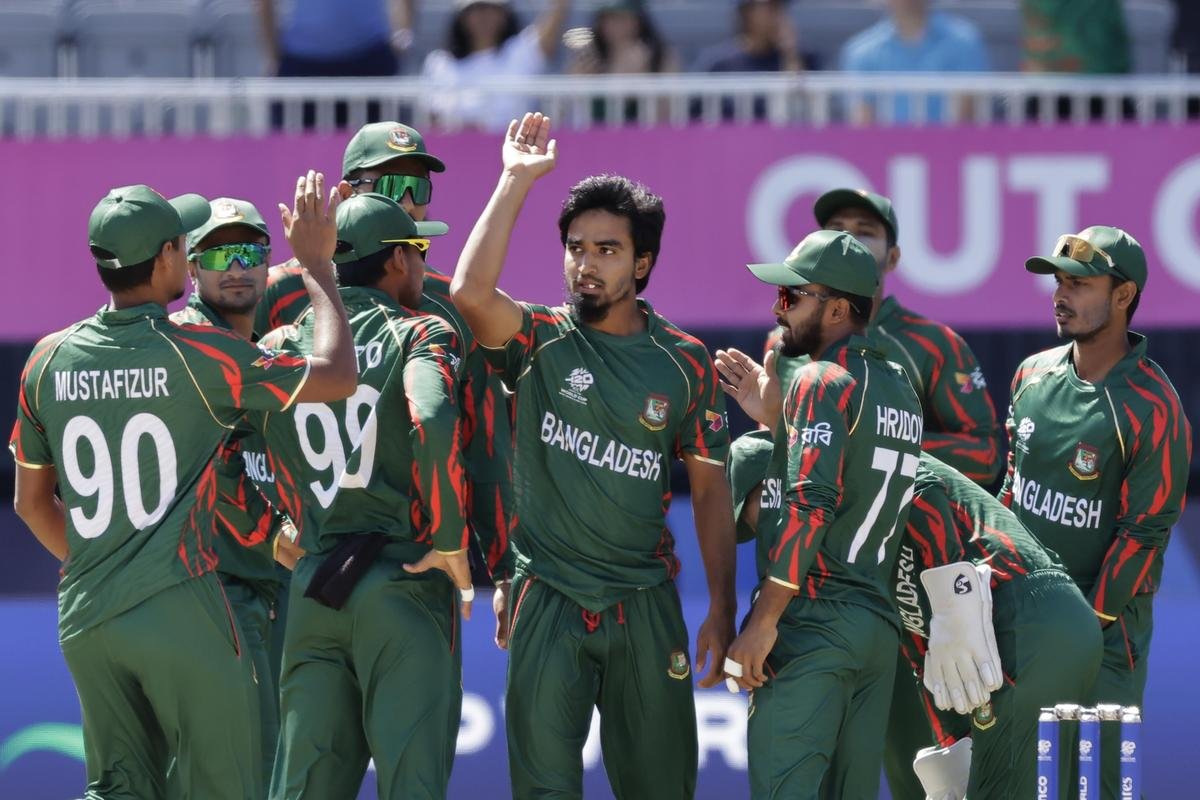Toxic Masculinity in Bangladesh: How Cultural Norms Are Harming Men Too

The Hidden Wounds of Manhood: How Toxic Masculinity is Crippling Bangladeshi Men
In Bangladesh, conversations around gender often center on the oppression and inequality faced by women—which is both valid and vital. However, this important discourse often leaves one major point unaddressed: men are victims of the same patriarchal system that privileges them. Toxic masculinity—a set of cultural norms that dictate what it means to be a “real man”—hurts men in insidious ways, from mental health to emotional expression, relationships, and even violence.
This article explores how deep-rooted social expectations in Bangladesh contribute to the pressures men face and examines why challenging toxic masculinity benefits not just women, but men and society at large.
What Is Toxic Masculinity?
Toxic masculinity doesn’t mean that masculinity itself is toxic. Rather, it refers to the harmful norms that associate being a man with dominance, emotional suppression, aggression, and the rejection of anything deemed “feminine.”
In Bangladesh, these norms are embedded from childhood through media, family, religion, and even education.These norms manifest in various ways:
- Emotional Suppression: Men are often discouraged from expressing vulnerability, leading to internalized stress and unaddressed mental health issues.
- Dominance and Control: Societal expectations pressure men to assert dominance in personal and professional settings, often at the expense of healthy relationships.
- Devaluation of “Feminine” Traits: Qualities like empathy and nurturing are undervalued, limiting men’s emotional range and interpersonal skills.
Boys are often told:
- “Chhele meye hoye kanna thik na” (Boys don’t cry)
- “Meyeder moto chinta koro na” (Don’t think like a girl)
- “Tumi toh ekta purush” (You are a man; be strong)
These ingrained beliefs not only hinder men’s personal growth but also perpetuate cycles of emotional neglect and interpersonal conflict. Over time, these statements shape identity, behavior, and even life decisions.

How Cultural Norms Shape Masculinity in Bangladesh
1. Emotional Repression from Childhood
In Bangladeshi households, emotional suppression is often disguised as discipline. Boys are discouraged from crying, hugging, or showing vulnerability. Emotions like fear, sadness, and anxiety are considered weak, forcing men to either bottle up their feelings or express them through anger.
A UNICEF report on parenting in South Asia notes that emotional development in boys is often stunted due to cultural expectations of “toughness”.
2. Pressure to Provide and Perform
From a young age, boys are conditioned to believe that their primary worth lies in being financial providers. This pressure is exacerbated by economic instability, job competition, and rising living costs in urban and rural areas alike.
A 2019 study in BMC Public Health found that Bangladeshi men’s mental health suffers greatly due to job insecurity and the inability to fulfill traditional roles of provider and protector.

3. Avoidance of Help-Seeking Behavior
Seeking therapy or admitting to emotional distress is still taboo in Bangladesh, especially for men. Fear of being labeled as “weak” or “crazy” leads many to suppress their struggles.
According to the Bangladesh Bureau of Statistics, men are 70% less likely than women to seek mental health support. Cultural expectations push them into silence.
Mental Health Implications
Mental health is one of the most under-discussed issues in Bangladeshi male life. Suicide rates among men have shown a disturbing trend, especially in rural areas where traditional norms are more rigid.
Depression and Isolation
Due to societal expectations of strength and stoicism, men often lack emotional outlets. They isolate themselves during distress, increasing the risk of severe mental health conditions.
A 2023 Daily Star opinion piece titled “The Silent Crisis of Men’s Mental Health” notes that Bangladesh allocates less than 0.5% of its national health budget to mental wellness, leaving a gaping hole in service access.
Suicide and Shame
A 2020 study published in PubMed focused on men’s suicides in Bangladesh, revealing that many cases stem from economic failure, societal dishonor, and emotional neglect. The study highlights that failure to meet masculine ideals—like providing for a family—can lead to deep-seated shame and hopelessness.

The Spillover Effect: Toxic Masculinity and Violence
Toxic masculinity doesn’t just harm men; it often turns them into perpetrators of harm.
Intimate Partner Violence (IPV)
Research from the Journal of Interpersonal Violence found a clear correlation between men’s exposure to childhood violence and their later perpetration of IPV. Many of these men internalize gender norms that equate control and aggression with manhood.
Sexual Harassment and Street Violence
Men who grow up with unchecked aggression often externalize their frustrations through acts of violence against women, minorities, and even other men—especially those perceived as “effeminate.”
This perpetuates a cycle of violence, further reinforcing male dominance as normal and unchallengeable.
Pop Culture and the Media’s Role
Bangladeshi cinema, television, and music often portray the “ideal man” as aggressive, emotionally unavailable, and dominant.
Take Dhallywood heroes like Manna, Shakib Khan, or older action roles played by Razzak—most of them resolve conflicts with fists, not feelings. Vulnerability, compassion, or even tears are rarely, if ever, shown on screen.
The media glorifies a version of masculinity that leaves no room for mental health, sensitivity, or dialogue. Young boys internalize these portrayals, setting unhealthy templates for real life.

Religion and Misinterpretation
Islam, the predominant religion in Bangladesh, promotes kindness, empathy, and emotional expression. However, misinterpretations of religious texts often perpetuate male superiority and toxic masculinity.
For example, selective quoting about “Qawwamun” (men being protectors of women) is often used to justify male control rather than responsibility. This misuse not only disrespects the broader message of Islam but also burdens men with unrealistic expectations.
Masculinity and the LGBTQ+ Experience
Toxic masculinity also creates an unsafe world for those who do not conform to heteronormative standards. LGBTQ+ men, transmasculine individuals, or effeminate males often face ridicule, ostracization, and physical violence.
In 2021, human rights watchdogs reported an increase in online bullying and physical attacks on queer men in Bangladesh, often labeled as “not man enough.” These toxic expectations deny them safety, identity, and dignity.
The Financial Angle: Economic Burdens on Men
Bangladeshi men, particularly those from working-class backgrounds, are expected to achieve upward mobility without systemic support. From paying dowries (yes, that still happens for men too) to bearing entire household responsibilities, many crumble under pressure.
Even in modern two-income households, men are often criticized if their wife earns more. This financial emasculation is another toxic burden no one talks about.
The Cost of Not Changing
Toxic masculinity has ripple effects:
- Mental Health Crisis: With growing urbanization and stress, more men are developing depression, anxiety, and suicidal tendencies without support systems.
- Gender-Based Violence: Boys who grow up seeing aggression as power often become abusers themselves.
- Broken Relationships: The inability to communicate emotions destroys marriages, friendships, and parental bonds.
- Economic Instability: Stress-related illnesses and violence result in healthcare costs, absenteeism, and lost productivity.
What Can Be Done?
1. Education Reform
Include gender studies, empathy training, and emotional intelligence education in school curricula. Let boys learn that it’s okay to cry and feel.
2. Workplace Sensitivity Training
Encourage companies to hold workshops on mental health, masculinity, and gender sensitivity. Support paternity leave and flexible roles.
3. Media Responsibility
Push for diverse representations of masculinity in Bangladeshi media—show men being kind, expressive, and vulnerable.
4. Faith-Based Dialogue
Engage religious leaders in conversations about positive masculinity rooted in faith, rather than cultural misinterpretations.
5. Safe Spaces for Men
Create mental health groups and forums where men can speak freely without judgment. Initiatives like “Boys Don’t Cry” or “ManTalk BD” (if initiated) could be transformative.
6. Policy and Governmental Action
- Increase funding for mental health
- Make therapy affordable and gender-sensitive
- Run nationwide campaigns like India’s “MenEngage”
The Way Forward
Toxic masculinity in Bangladesh is not just a women’s rights issue—it’s a human issue. Men are emotionally starved, overburdened, and socially boxed into outdated roles that serve no one. To truly progress as a nation, we must unlearn what we thought manhood meant and rewrite it as something more compassionate, flexible, and human.
Liberating men from the shackles of toxic masculinity will not only create better husbands, fathers, and leaders—but also healthier, happier individuals who are finally allowed to be their full selves.
Want to see how cultural norms don’t just hurt men—but rob women too?
Check out our deep-dive into how outdated traditions still outweigh the law when it comes to women’s land rights in Bangladesh.
👉 Customs Over Constitution: How Social Norms Rob Women’s Land Rights







